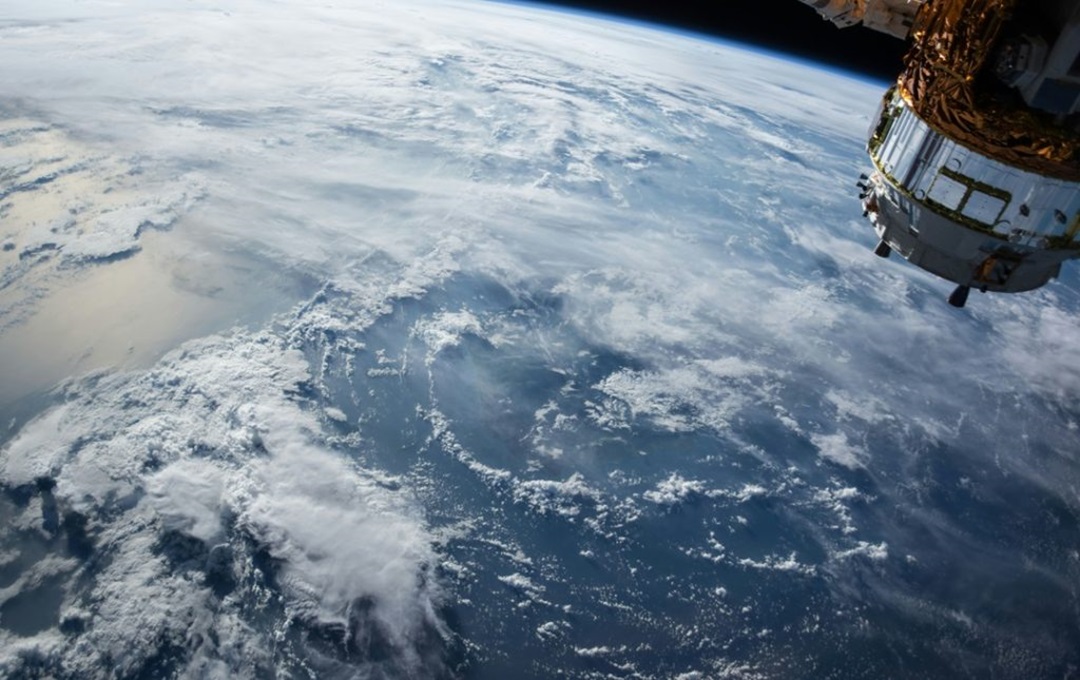Joanna Pyrkosz-Pacyna, a researcher at the Space Technology Center of AGH University of Science and Technology in Poland, delivered a seminar today on gender inequalities in the choice of studies and professional careers in the field of space science. The HORIGESTEM project, led by GenTIC director Milagros Sáinz as principal investigator, organized this event at the Universitat Oberta de Catalunya to facilitate a meeting with the GenTIC research group, aiming to share research findings.
Researcher Joanna Pyrkosz-Pacyna presented the conclusions of several studies based on focus groups and surveys conducted in Poland and the United States to analyse citizens’ perceptions of space exploration. Among the preconceived notions about space science, participants highlighted that this science is “only for geniuses,” is linked to “wealthy individuals or countries,” is predominantly male, and is less relevant than other global needs. Additionally, the Sustainable Development Goals considered most important by the population, such as ending poverty or achieving a hunger-free world by 2030, were perceived as the least likely to be supported by advances in space exploration. No significant differences were found between the populations of the United States and Poland in these results, but gender inequalities were significant in the importance men and women place on space exploration: men support space exploration more than women.
The seminar concluded with a discussion of the results of a research project that used virtual reality applications to improve social inclusion and enhance the understanding of complex concepts related to space science. After an experimental study conducted with eight groups of participants, the results showed that after the virtual reality session, men and women were equally more likely to engage in space education, and women’s self-efficacy in this field improved.
This seminar is organized in the framework of the HORIGESTEM project, grant PID2021-123049OB-I00 funded by MICIU/AEI/10.13039/501100011033 and by ERDF “A way of making Europe”.

